The film is based on a book of short stories by James Franco. Can you tell us about how the project developed?
Coppola: James and I met up randomly – I had seen him at a deli and then later that night I ran into him again.
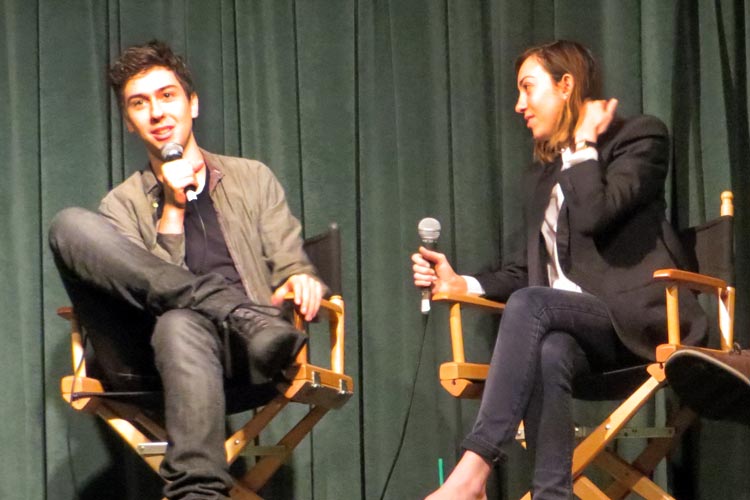

The film is based on a book of short stories by James Franco. Can you tell us about how the project developed?
Coppola: James and I met up randomly – I had seen him at a deli and then later that night I ran into him again.

What was your emotional reaction as a filmmaker while telling this story?
Part of the impetus for me in making a project is that I’m already emotionally affected by something.
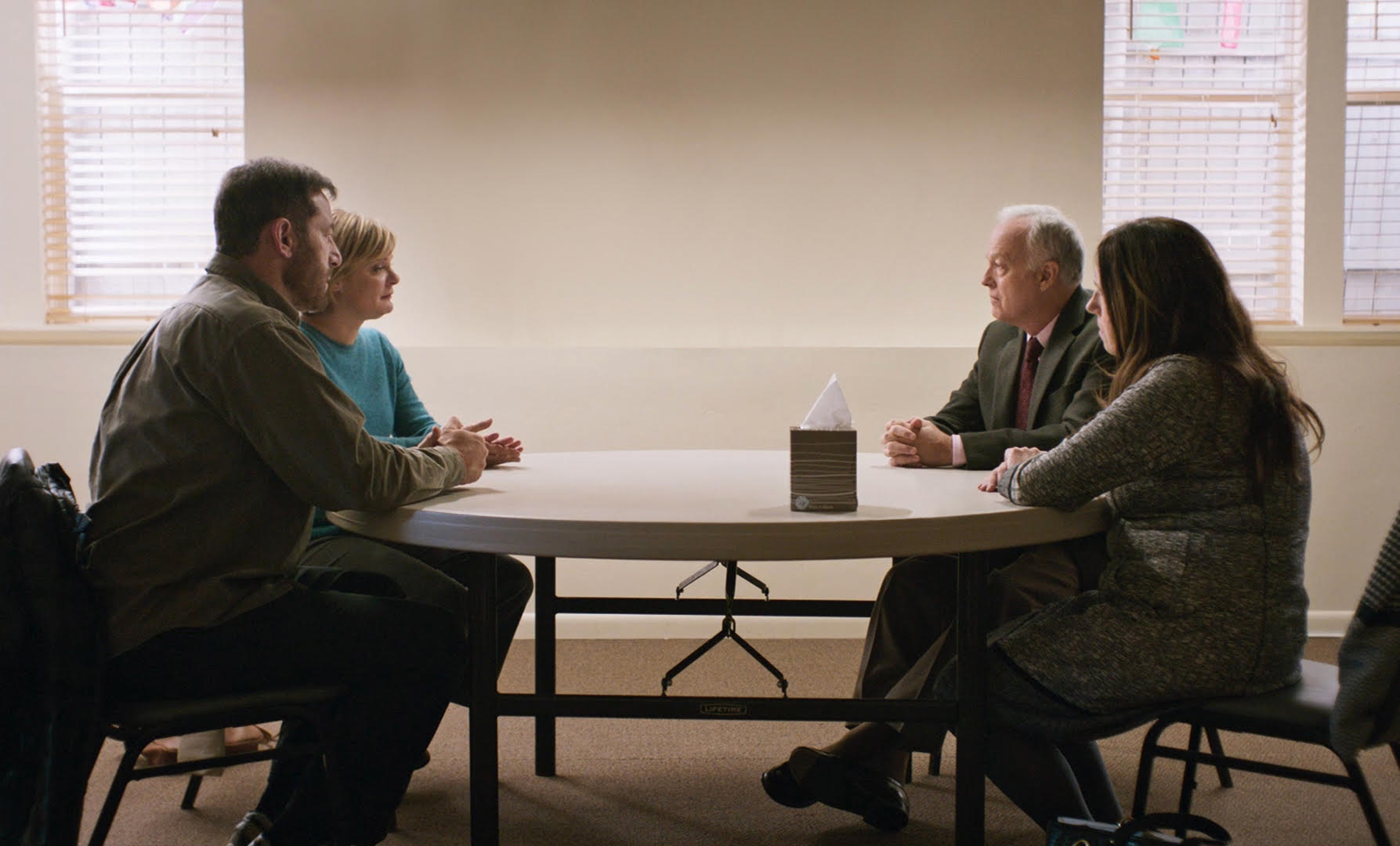
You did almost all of the work on this film— what was that experience like?
Jessica Kingdon: I did have a close cinematographer, Nathan Truesdell, and we shot it together. But, yeah, it was very much a film that was coming out of my own mind.
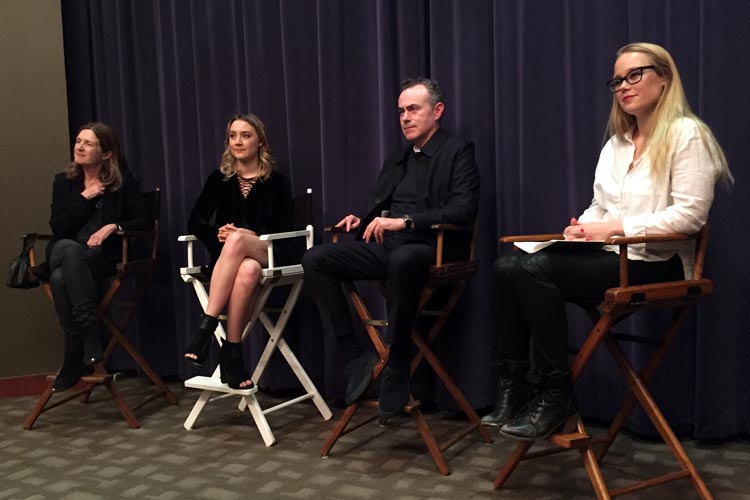
What in your own life has helped you connect with the story?
John Crowley: I moved to London when I was 27 to direct a play at the National Theatre. Having been back and forth from London since I was about ten, I knew London better than I knew Dublin.
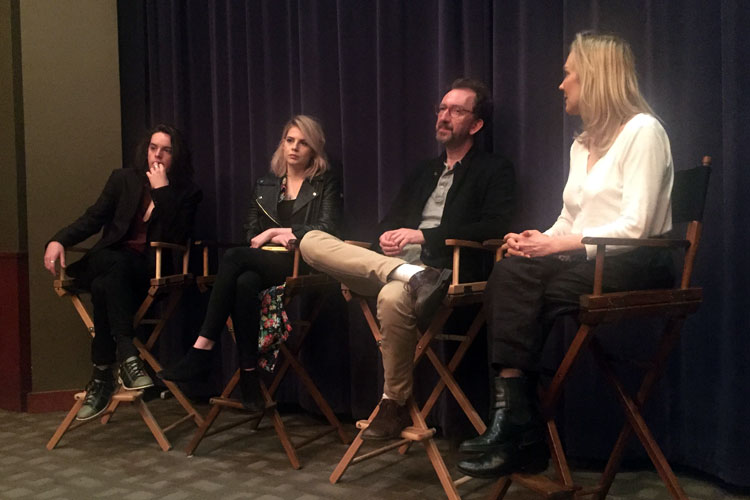
Can you share some of your songwriting process with us?
John Carney: Well, I would say first and foremost, I am a hobbyist when it comes to songwriting. I’m an amateur. I do it because it’s fun.
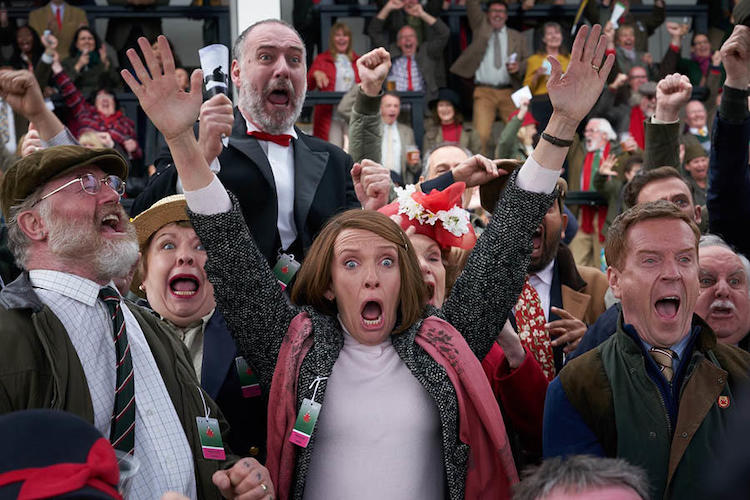
What were some of the bigger challenges you faced in making this film?
Euros Lyn: One of the things we worked very hard on, as a team, was to collaborate so that every department worked together very closely.
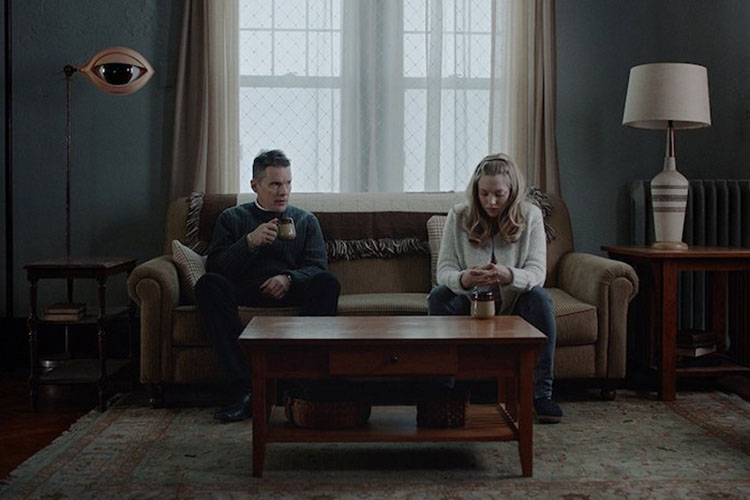
What was the genesis of this film?
Paul Schrader: The process began about three years ago when I was giving an award for Pawel Pawlikowski, for his film Ida at the New York Society of Film Critics.
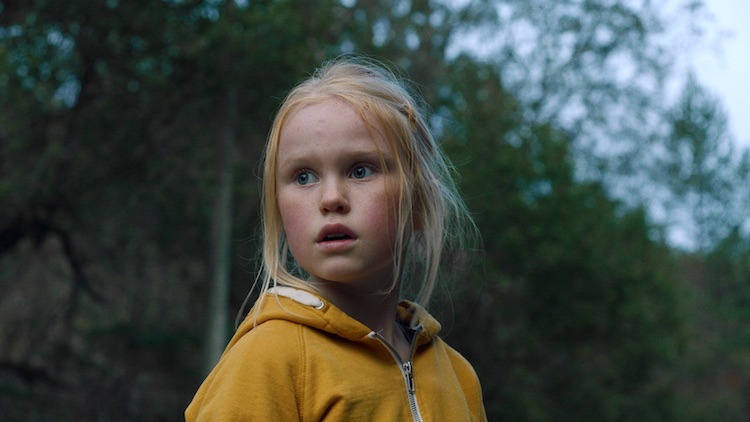
This is a very adult film about children and childhood. What were your inspirations for the story?
Eskil Vogt: I think I never would have made this movie if I hadn’t become a parent.
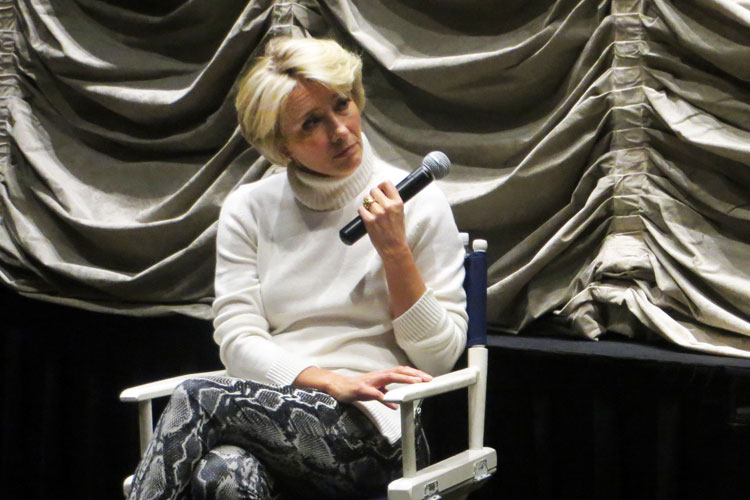
How much fun was it to play someone that rude?
It was bliss, of course, because I think we were all far too well brought up. From very early on we’re encouraged to say ‘please’ and ‘thank you’ to everyone for no good reason, and of course for things we don’t actually want.
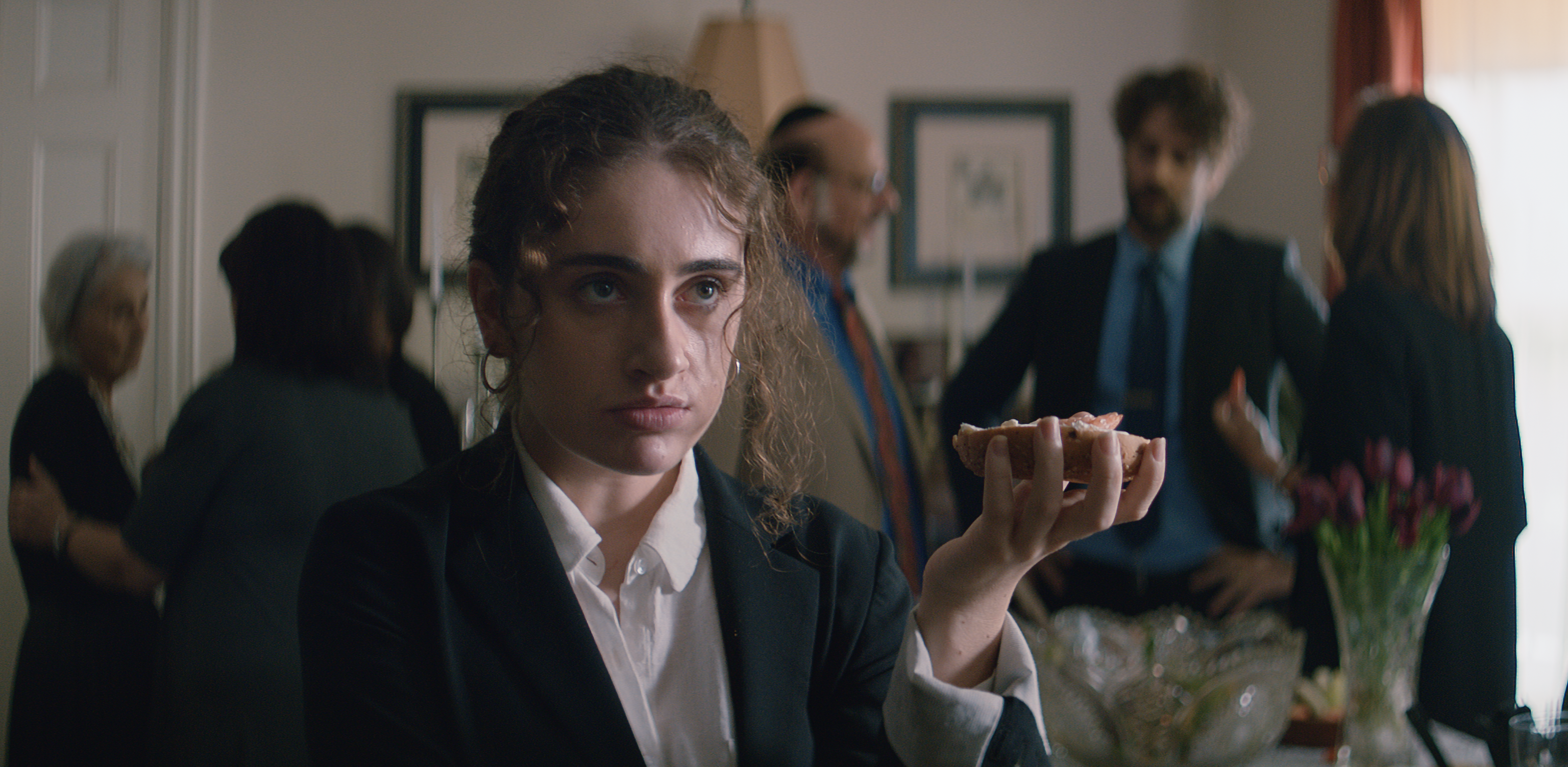
Emma, what was your inspiration for the film?
I feel like a lot of film students heading into their senior year want to go out with a bang, like a huge dystopian sci-fi film or a period piece, and I was one of those kids.
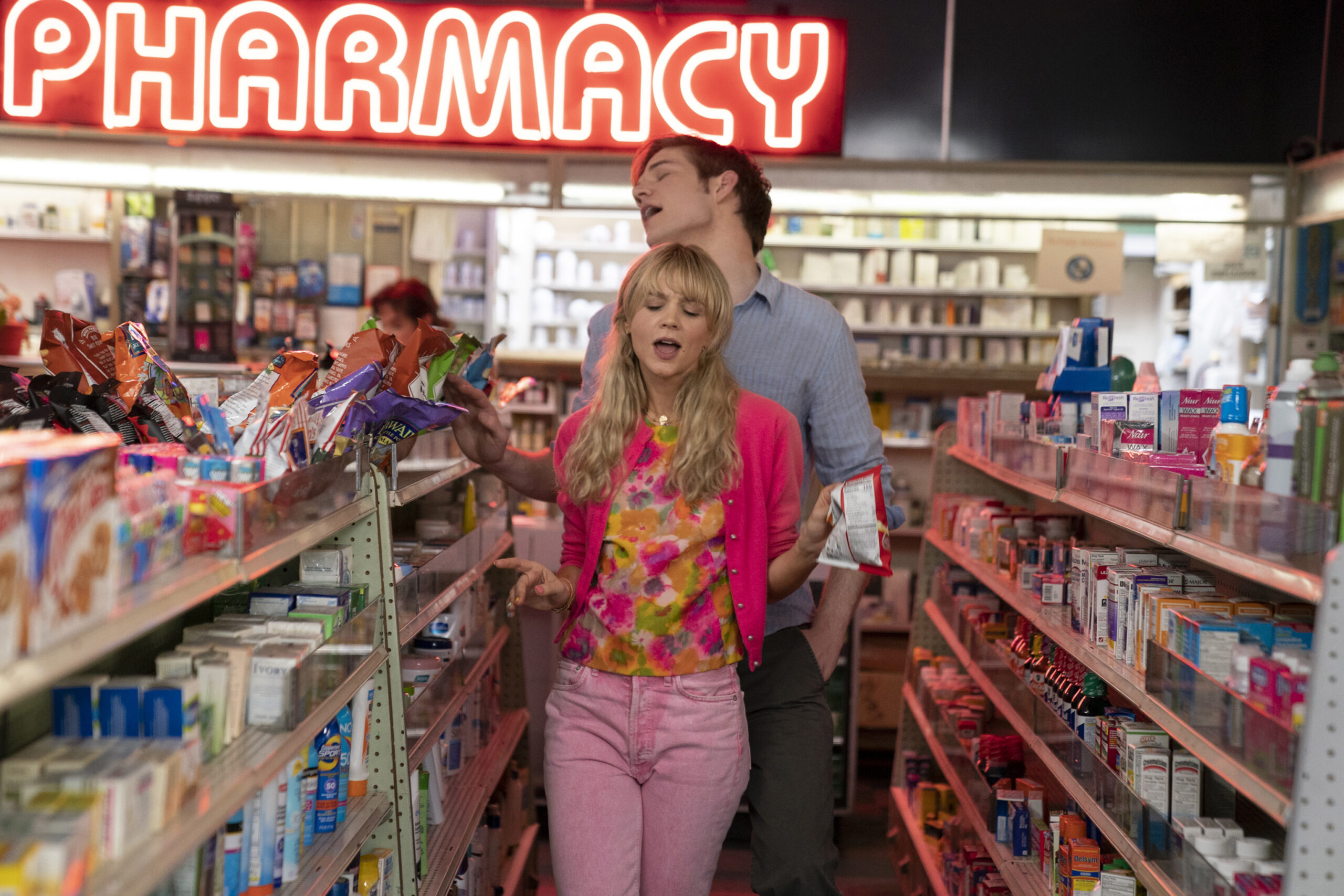
How did the idea for script originate?
Emerald Fennell: I had a few friends over for dinner and something uncomfortable had happened to one of the girls at the table on the tube on her way over.
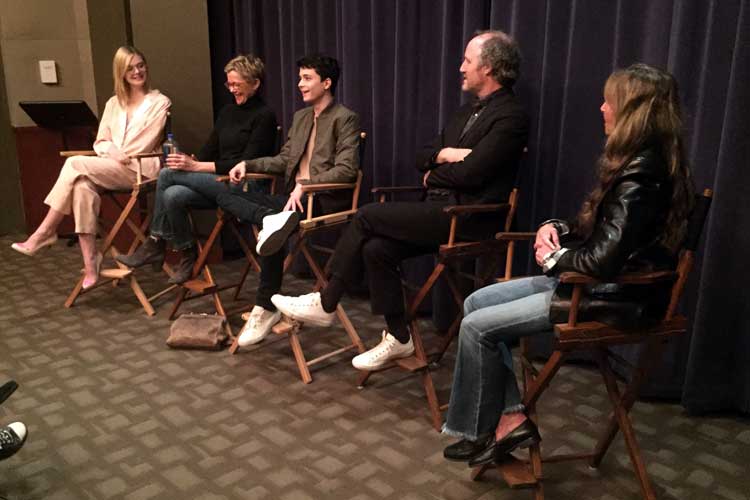
The opening shot of the ocean felt very lyrical. What made you decide to open your film with this particular shot?
Mike Mills: In the script, the first shot is of a car burning and of course that seems like such a good way to begin a movie.
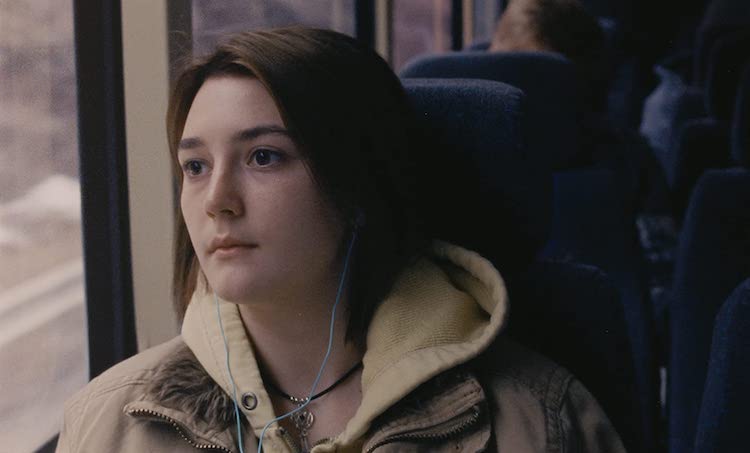
Eliza, when did you first start to think about making this remarkable film?
Eliza Hittman: I first began thinking about this film in 2012. I read a newspaper article that was all about the death of Savita Halappanavar, this woman in Ireland who died after being denied a life-saving abortion.
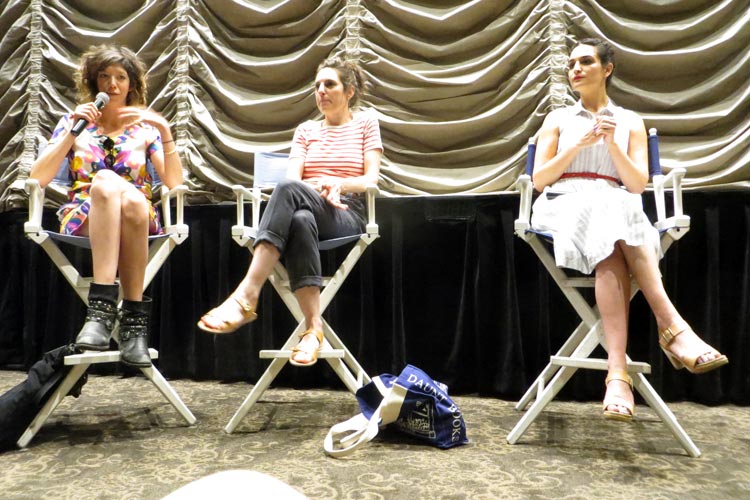
What motivated you to expand the short?
It first started before the short was even finished, in the editing room.
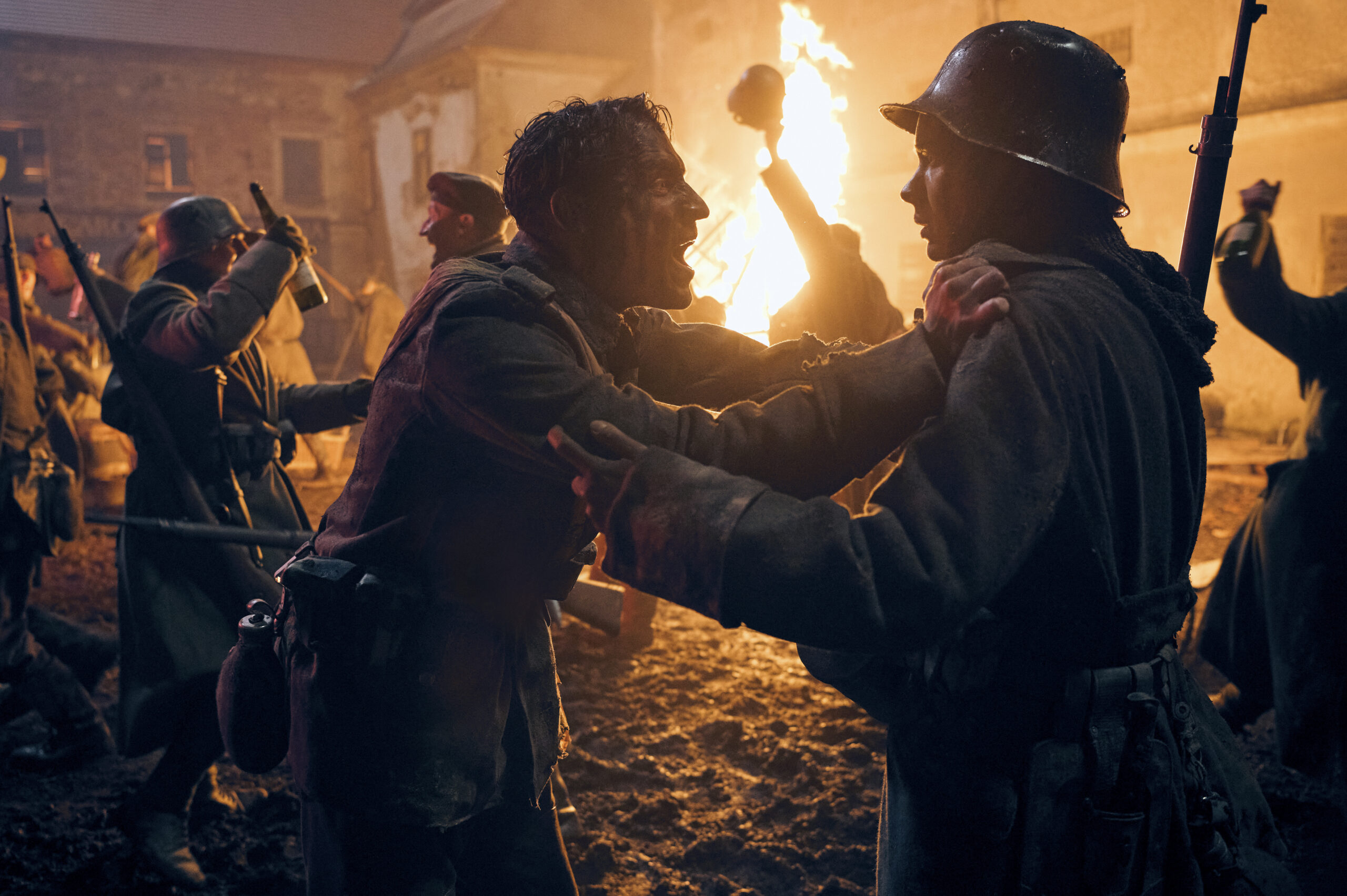
Your DP said that his collaboration with you is one of the most unique he’s had with a director.
Edward Berger: We’re both obsessed with precision and architecture in the film. It’s not haphazard and we don’t try to find the shot on set. It gives me true pleasure to set up a shot and in that shot, have every department create the illusion that this is reality.